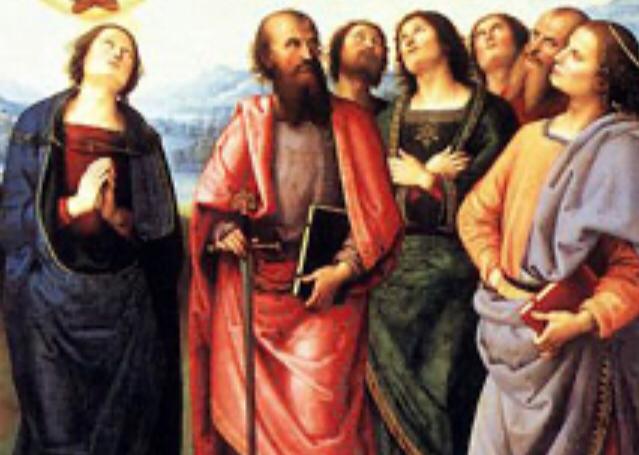The third art also conveys the spiritual journey of protagonists of grandiose history. Paul of Tarsus’
story, harasser of faithful Christians converted to Catholicism, was painted in oil on canvas and on
cypress board by the Italian painter Michelangelo Merisi (Milan, 29 September 1571 – Porto Ercole.
18 July 1810) alias Caravaggio. The episode is also described in the Acts of the Apostles: the voice of
Jesus defended by the light that came down from heaven led Saul (alias Paul, thirteenth apostle of
Christ) to Damascus. The seasonal cycle leads the celestial voice to the age following Jesus’ ascent to
heaven.
“Ascension of Christ” is the oil painting by the artist Pietro Perugino located at the Museum of Fine
Arts in Lyon: the polyptych came out of Italy along with the Napoleonic dispossession.
“The Coronation of Napoleon” is the oil painting on canvas painted from 1805 to 1807 by the artist
Jacques-Louis David kept at the Louvre Museum in Paris. The painting reproduces the coronation of
Bonaparte and Josephine Beauharnais (2 December 1804). David also portrays the eyes of eighty
guests stretched to the crown elevated by the Corsican leader. The exaltation of imperial symbols is
meticulous.
The last piece of earthly life granted to the General on the Atlantic island of Santa Elena, British
overseas territory revealed by the Galician explorer Juan de Nova and named after Saint Helena of
Constantinople, celebrated on the day of the landing on the archipelago (21 May 1502 ), is marked
by adherence to Catholicism.
“The most beautiful day of my life was my First Communion”: the confession transmitted to the
biographer exalts the successful Little Corporal’s conversion, who removed the crown from the
hands of Pope Pius VII and thus imposed the title of Emperor.
“I suffer for having appointed Generals without faith to the eternal Father”: the very intimate
statement perpetuated on the book “Conversations on Christianity” by Napoleon Bonaparte,
introduced by Cardinal Giacomo Biffi, is strengthened by the statement “My story is tiny in front of
Jesus Christ” uttered by the exiled, already author of epic pages of history and his and others fate.
